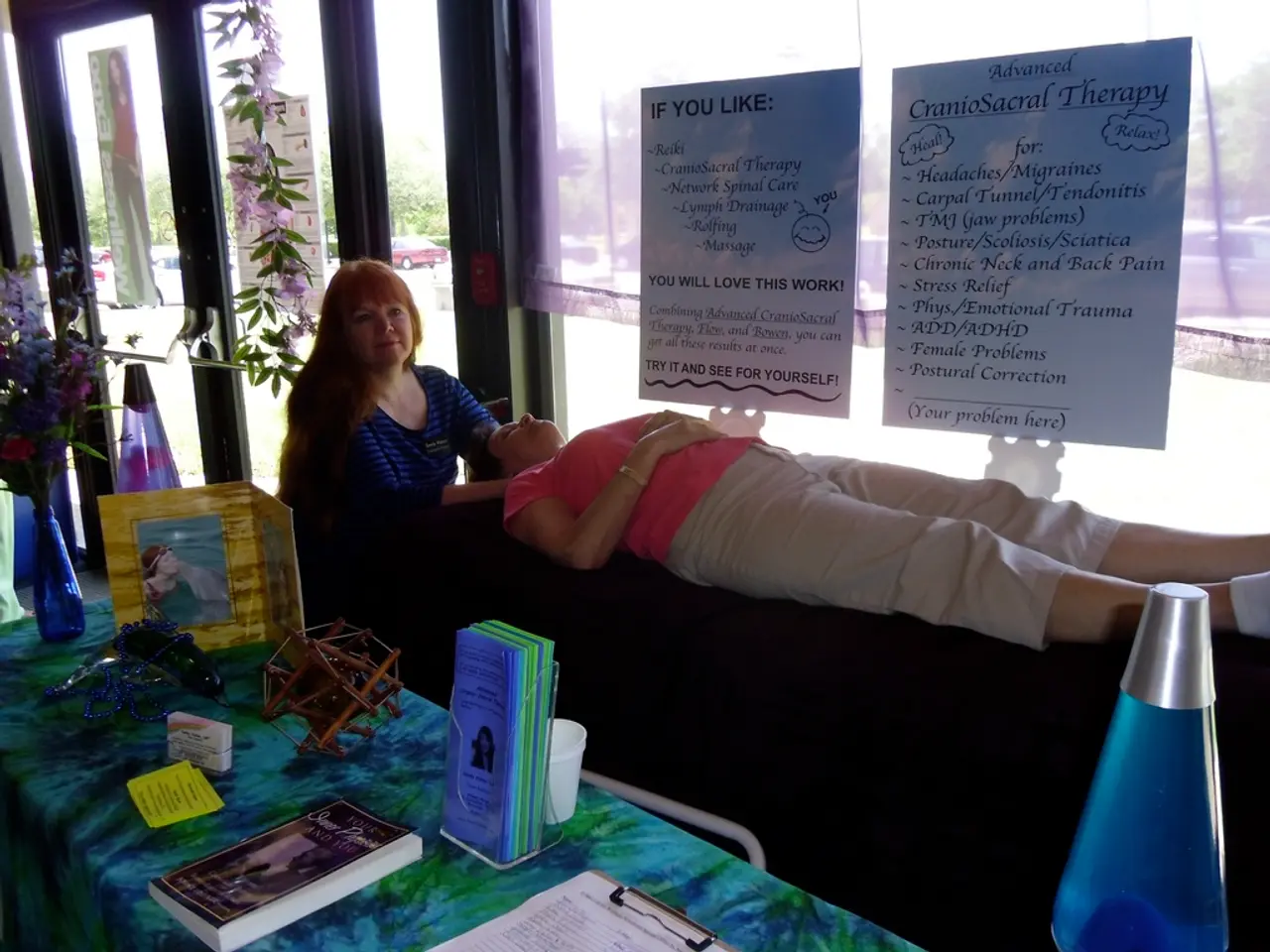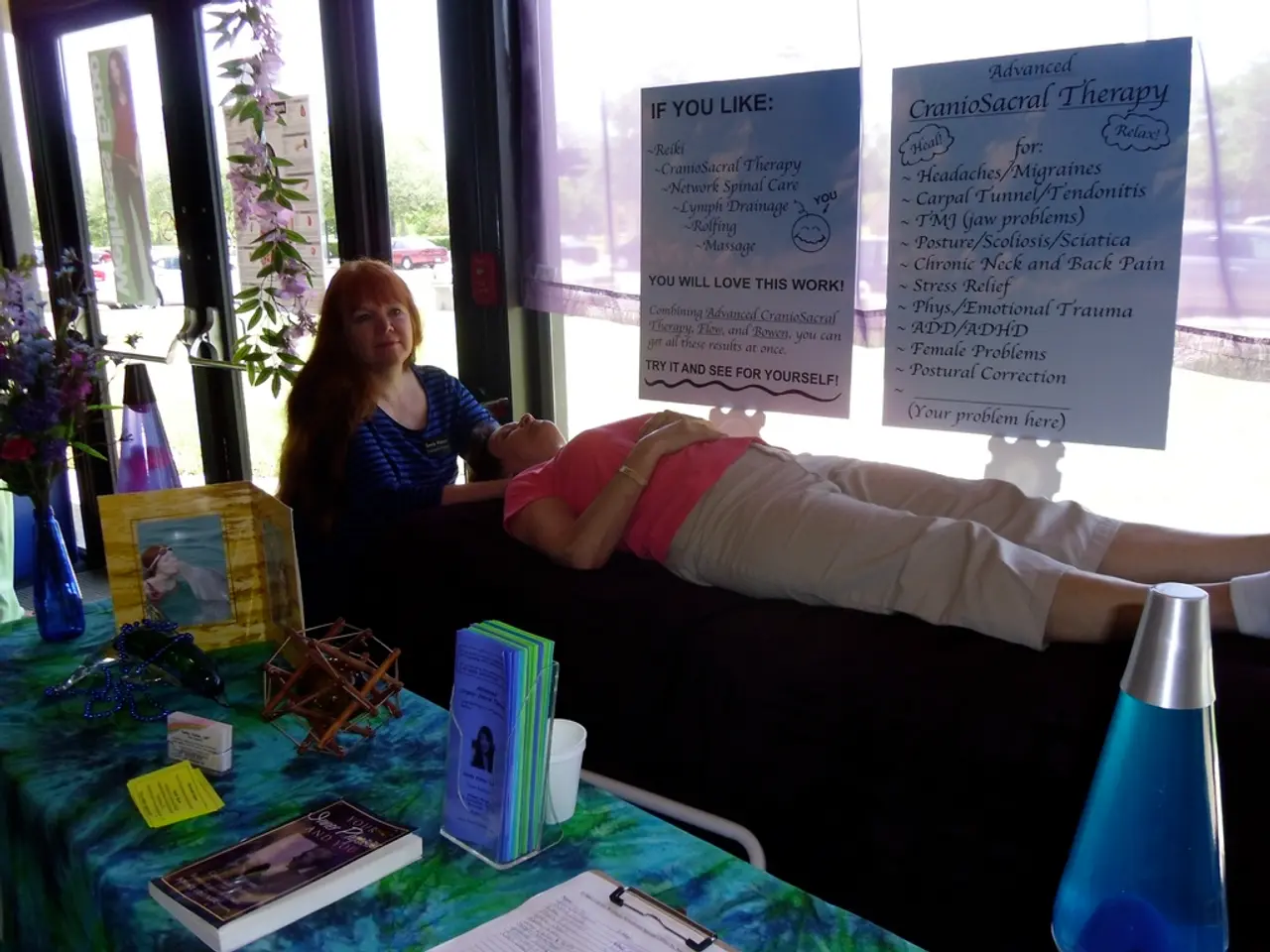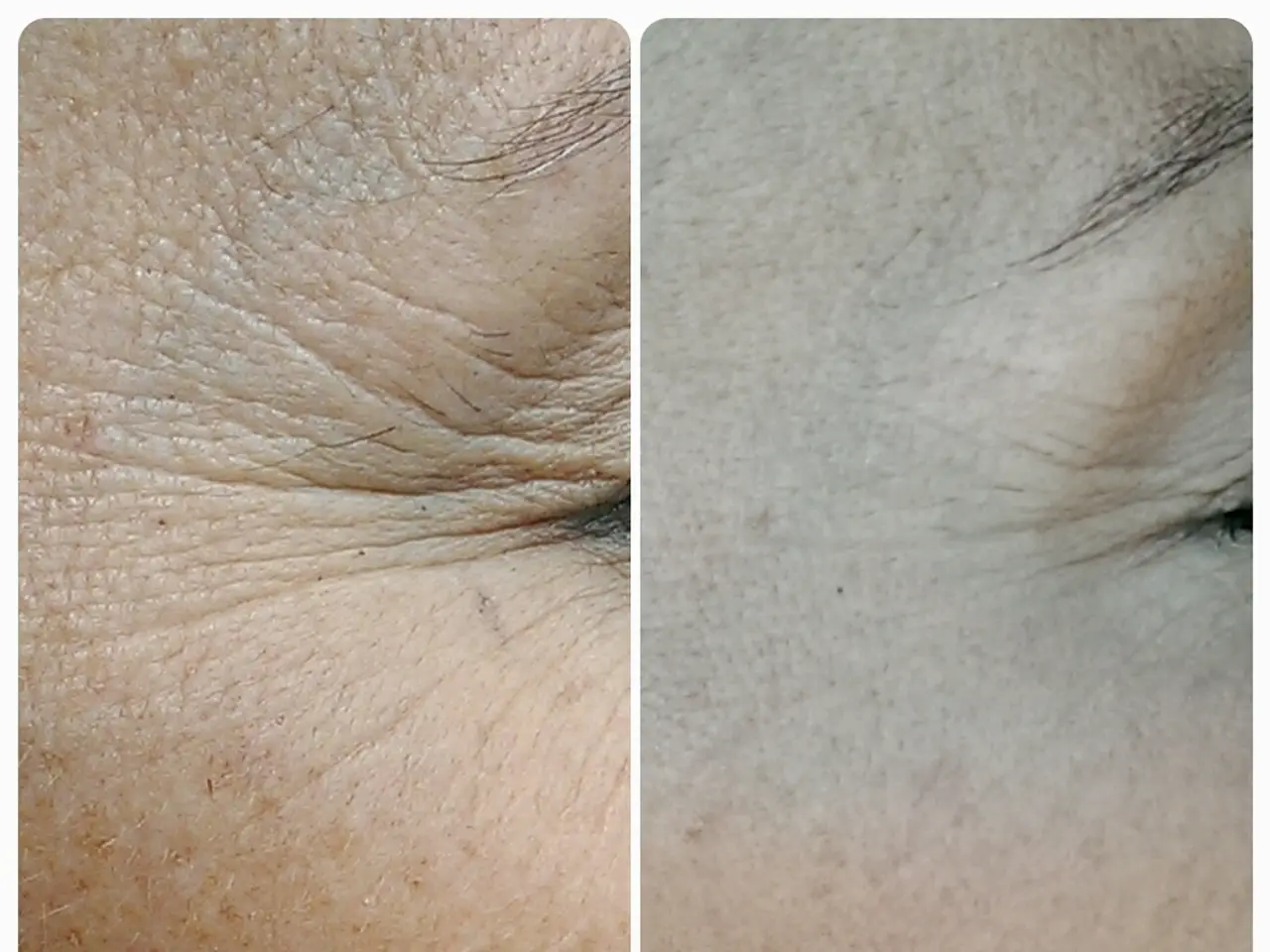Heart-wrenching incident: 15-year-old sibling discovers 18-year-old sister deceased at home, following evident inadequacies in NHS care services
In the small town of Driffield, East Yorkshire, the tragic death of 18-year-old Chloe Barber has raised concerns about the local mental health services. Chloe was found dead at home by her 15-year-old brother in November 2021.
Chloe's family has expressed their disappointment with the services provided, stating that turning 18 did not make Chloe capable of making decisions in her own best interests. They claim they were not informed of her diagnosis or how they could support her.
The family's concerns were further validated by an Independent Safeguarding Adults Review (SAR), which found a string of mental health service failings that may have contributed to Chloe's death. The SAR identified failures in the local authority, including failure by adult social care to accept Chloe's referral and failure by Children's services to re-refer Chloe to adult social care when she turned 18.
Chloe's struggles with her mental health began after being bullied at school and on social media. In 2017, she was referred to the Child and Adolescent Mental Health Services (CAMHS) after an overdose on pain relief medication. However, Chloe struggled to engage with CAMHS and the Complex Emotional Needs Service (CENS) before her death.
In early 2021, Chloe was sectioned under the Mental Health Act and hospitalised at Cygnet Hospital in Sheffield. Despite this, the coroner found that Chloe's need for aftercare services was not assessed and there was no updated safety plan for use in the community.
The coroner, Professor Paul Marks, concluded that there was a "lack of documentation and poor communication between services and partner organizations." He also found that while many matters were true or partially true, no causation flows from them.
The Humber Teaching NHS Foundation Trust, which oversees the local mental health services, acknowledged that any learnings taken from Chloe's case have already been embedded effectively by the Trust. However, the family feels that there was a lack of support for them throughout, particularly when Chloe was discharged from inpatient services into the community.
This case highlights the challenges faced by mental health services like CAMHS, including long waiting lists, inadequate funding, and insufficient support for those struggling with mental health issues, especially in cases involving bullying and severe mental health struggles. It underscores the importance of effective communication and documentation between services and partner organisations to ensure the best possible care for those in need.
For specific information on Chloe Barber's case, it would be best to consult local news sources or official reports from relevant authorities.
The family voiced their dissatisfaction with the mental health services, as they felt uninformed about Chloe's diagnosis and lacked guidance on how to support her, particularly in the context of health-and-wellness and mental-health concerns. The Independent Safeguarding Adults Review (SAR) revealed that the local authority's failures in adult social care and Children's services might have contributed to Chloe's unfortunate demise, indicating the need for improvements in science-based mental health service delivery.




